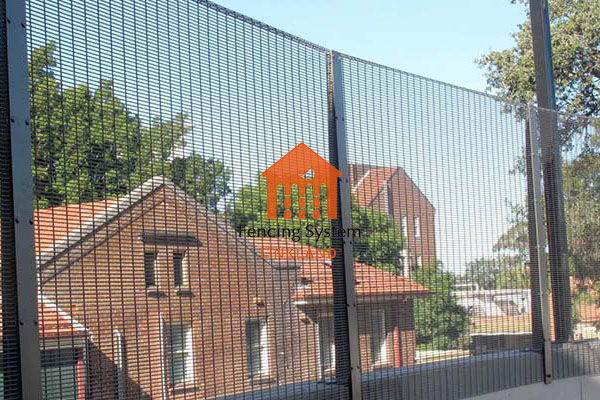As a highly secure fence top device, razor wire is widely used in fence for prison. It can effectively improve prison security and prevent prisoners from escaping and outside intrusion. Discuss the impact of razor wire on the effectiveness of fence for prison and its role and advantages in prison security.

Deterrent and deterrent effects of razor wire
The presence of razor wire can act as a strong deterrent, keeping potential fugitives at bay. Its razor-sharp blade and sharp tip are effective at stopping inmates from trying to climb or jump over the guardrail. This deterrent and deterrent effect is critical to securing prison boundaries and preventing escapes.

Operational and safety considerations for razor wire
While razor wire has significant advantages in increasing the effectiveness of a fence for prison, its operational and safety considerations also need to be taken seriously. Prison administrations must ensure that razor wires are installed and maintained in compliance with relevant safety standards and that appropriate measures are taken to prevent accidental injuries or accidents. Operators also need to receive professional training to ensure the correct use and safe management of razor wire.
Balancing razor wire and human rights concerns
Security needs and human rights concerns also need to be balanced when considering the impact of razor wire on the effectiveness of a fence for prison. The use of razor nets may raise some human rights and ethical considerations because of the harm they can cause. Therefore, the prison management department must fully consider the factors of human rights protection and public opinion on the premise of ensuring safety, so as to ensure the balance between the effectiveness of guardrails and human rights.
Pre:The role of perimeter lighting in fence for prison
Next:Optimal Design of Crowd Control Barrier for Maximum Safety